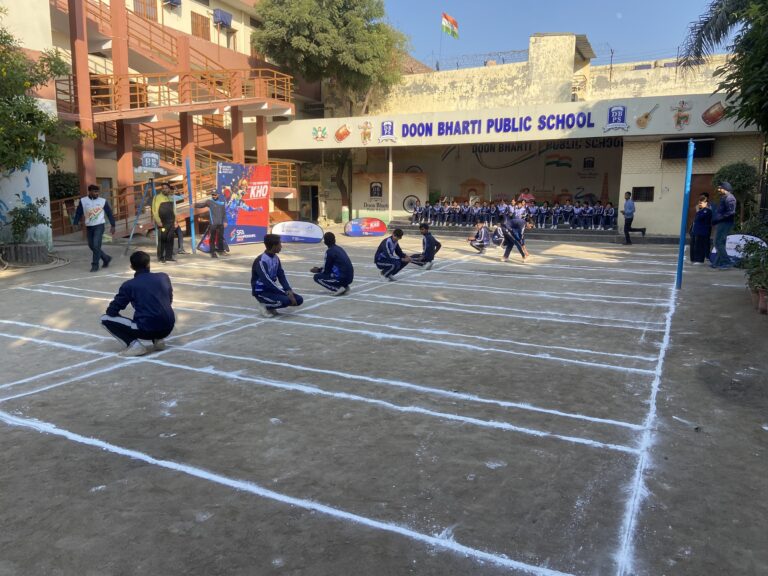The government on Saturday announced that Vice Admiral Karambir Singh will take over as the next navy chief when Admiral Sunil Lanba retires on May 31, superseding Vice Admiral Bimal Verma, who will be the senior-most naval officer on that date.
Singh is currently heading the Visakhapatnam-based Eastern Naval Command, while Verma is the commander-in-chief of the Andaman and Nicobar Command in Port Blair. The latter’s brother, Admiral Nirmal Verma (retd), was the navy chief during 2009-12.
Admiral Singh is a helicopter pilot who has previously served as the navy’s vice chief and deputy chief in a career spanning almost four decades. He will be the first helicopter pilot of the navy to head the service, navy officials said. Commissioned into the navy in July 1980, Singh has flown Chetak and Kamov helicopters.
An alumnus of the Khadakwasla-based National Defence Academy, Singh is a graduate of the Defence Services Staff College, Wellington and the College of Naval Warfare, Mumbai.
Born on November 3, 1959, Singh, whose father, too, was an Indian Air Force officer, hails from Jalandhar in Punjab. He has commanded four warships including guided missile destroyers INS Rana and INS Delhi. An avid golfer, Singh enjoys swimming, cycling, and running.
While the seniority principle is usually followed when a new service chief is named, there have been instances when the government has overlooked it. When General Bipin Rawat was named army chief in December 2016, the National Democratic Alliance (NDA) government ignored the seniority principle and superseded two lieutenant generals who were senior to Rawat.
Then-defence minister Manohar Parrikar had then famously said that if seniority was the only criterion then the computer could have selected a service chief on the basis of date of birth and there was no need to follow a rigourous procedure spanning months, analyse Intelligence Bureau reports of candidates or seek the approval of the Appointments Committee of the Cabinet.
The United Progressive Alliance (UPA) government also overlooked the seniority principle in 2014 when Admiral Robin Dhowan superseded a senior officer to become the navy chief.
“Admiral Singh may not have been the senior most commander-in-chief, but it is always up to government to select anyone among them,” said military affairs expert Rear Admiral Sudarshan Shrikhande (retd).
“Even in the UK, from where we derive much of our governmental structures and military practices, seniority on a service list has never ever been the criterion except by occasional coincidence. The same is the case elsewhere in the world,” he said.
He said in India, it can be said that it was a general practice with more than a few exceptions but it cannot be elevated to be either a “principle” or a policy.


















